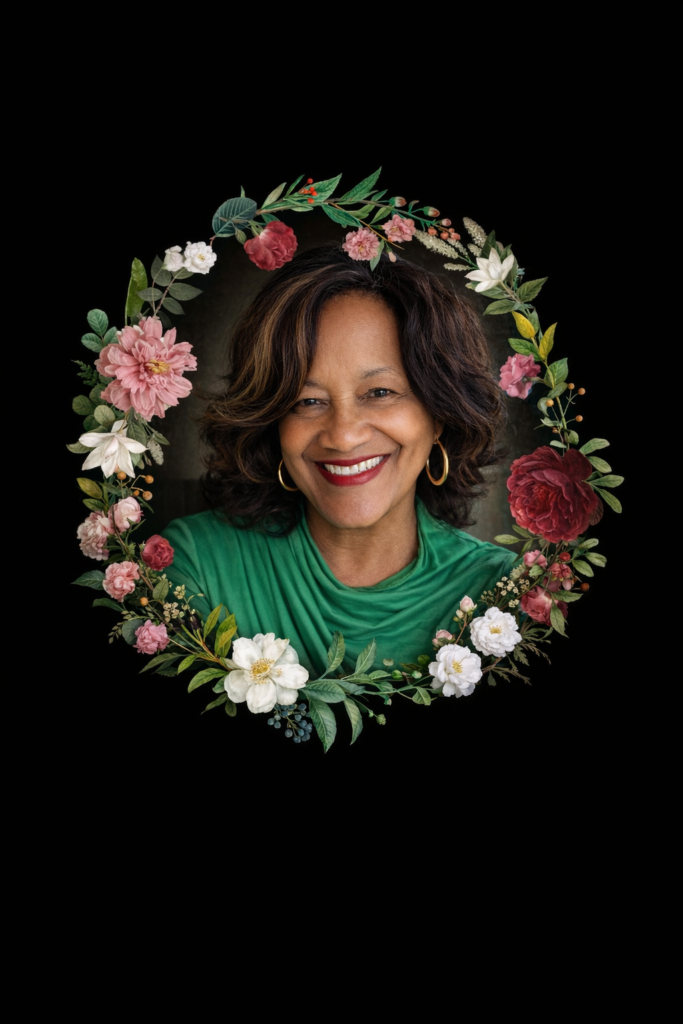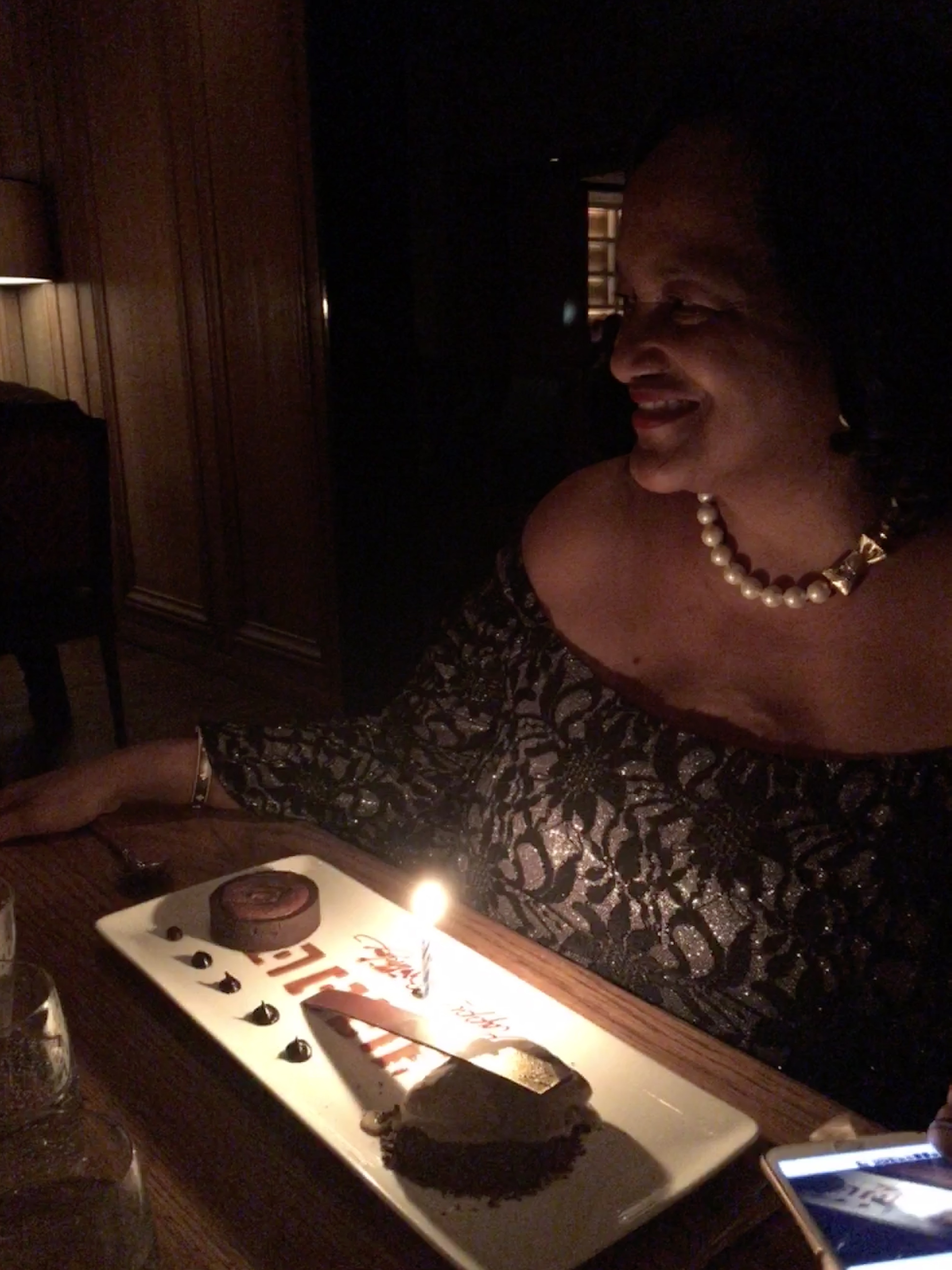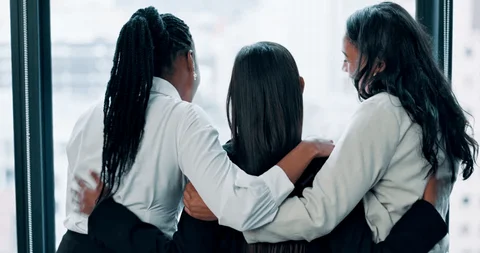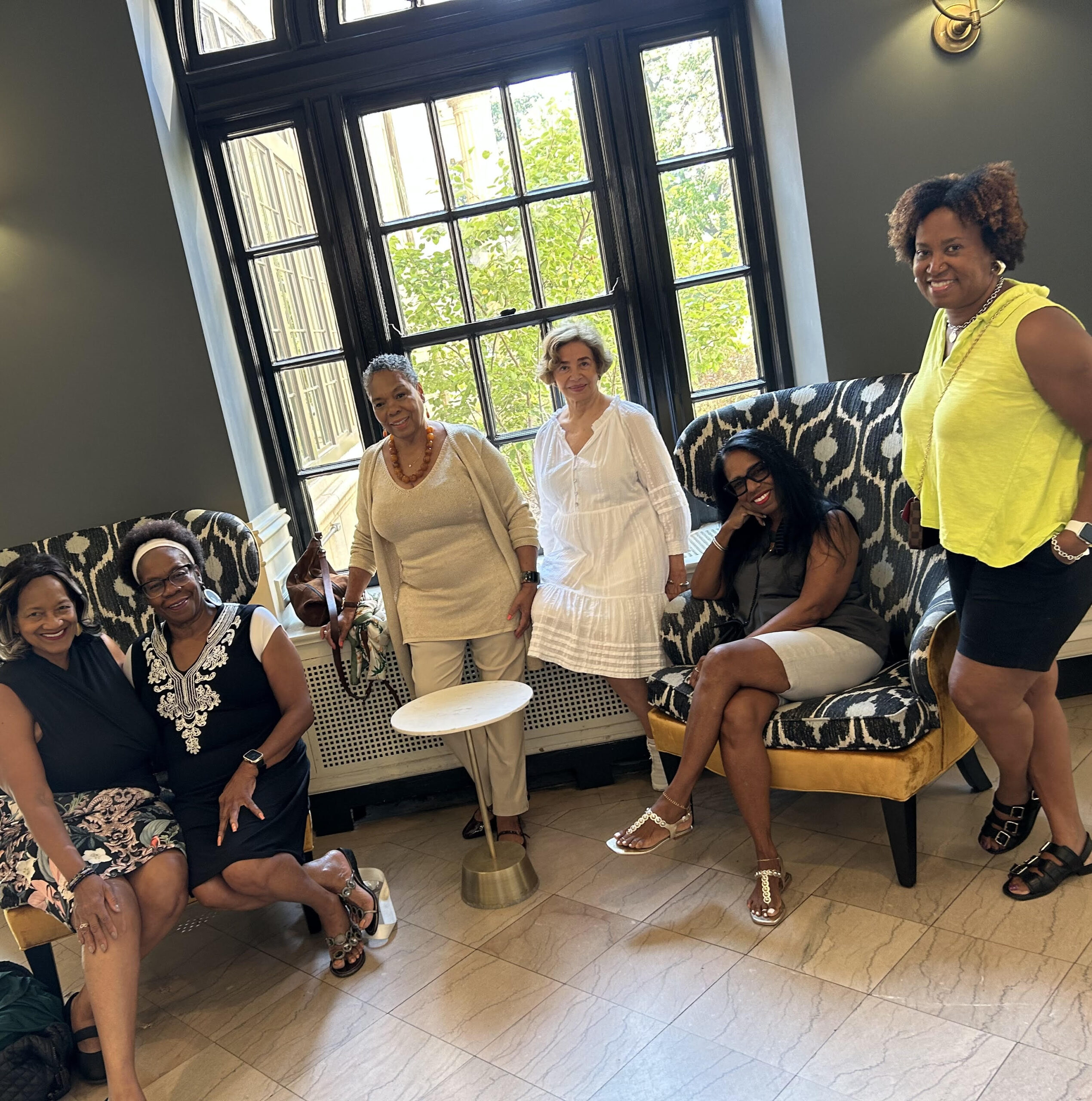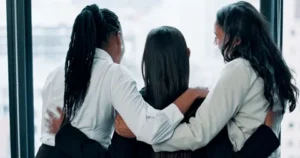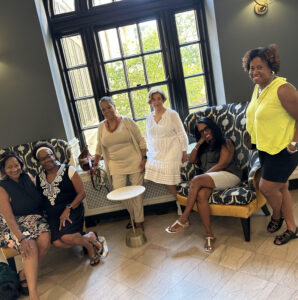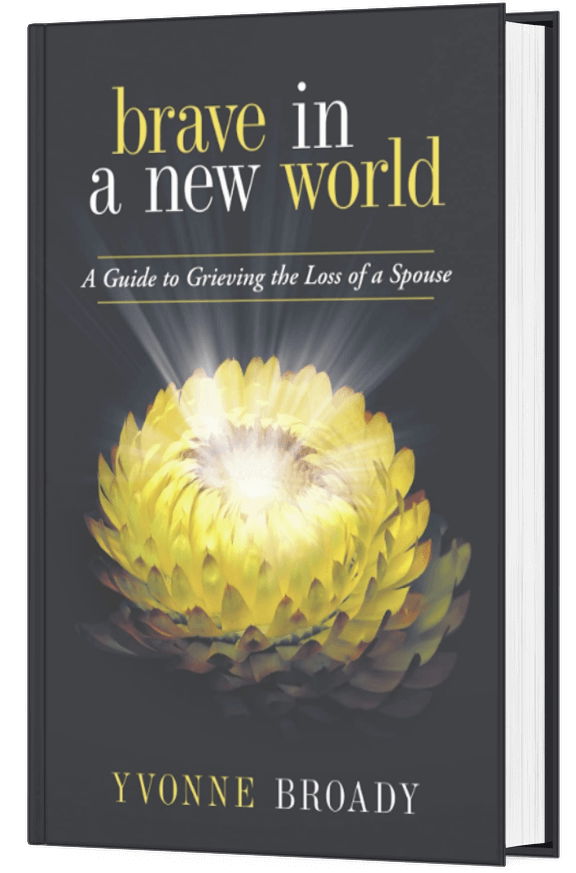
Let me start off by saying, I believe in therapy. Over the years I have observed people as they carry painful issues from childhood way into adulthood, never sharing or opening up about the things they carry with them.They keep doing things in the same old way keep getting the same result, and then wonder why.Invariably they’ll say,”I don’t know why the same thing keeps happening to me.I’m a good person.” I’m convinced that therapy is a helpful tool for many.It’s not enough to rely on cliches like… “if God brings you to it he’ll get you though it”,or “hand it over to God”.These are great words, but, in the real world,when you’re in deep emotional pain you have to help God out.Whether one has a faith practice or not,having someone else to help you talk out your problems,whether current or past ,can be very reassuring There’s no shame in it and we all need somebody to talk to. Letting it out helps us sort out our issues as they pertain to loss and other life experiences.Being able to accept people as they come is also important ,so that we can all go forth and live rewarding and productive lives without being judgmental or feeling judged.
After my husband passed away, I found myself in the midst of a new realm of grief, bewilderment, shock, and sorrow. I gradually came out of it, but along the way I did not always have someone with whom I could “lay my burdens down”. Sometimes people don’t always want to hear what one has to say when they are grieving. They do not want to hear a person go on and on about the pain they’re experiencing. Some may even feel that the grieving person is being self-indulgent. And many just want to know that you are forging ahead, moving on, then one day voila, you’re back to “normal”. However, after losing a spouse or close loved one, I must tell you,you’re never going to go back to “normal”. You will, however, move forward into a “new normal” which unfolds as you make your way through the tunnel of grief.
In my case, I had a very small group of friends and a great sister-in-law that I could call and just talk about Chuck, our life together, and my new life alone.I didn’t want to burden too many people, as part of getting through the grief experience consists of talking repetitiously. Who wants to hear somebody say the same thing over and over and over again? I only found two friends who could listen that way…only two. They could listen to me as I shared my sorrows and never got tired of listening,but they were special individuals,indeed.They became vessels as I “laid my burdens down”,but they weren’t always with me.So during the time I set aside to meditate, I would talk to God and I would talk to Chuck. Of course, I could not see him, but I would talk to him as if I could. I would cry and talk and talk and cry. I knew that he could listen because he was on another plane and what else was there for him to do but listen to the weeping heart songs of his beloved.
Then one day, my son came by and asked,” Are you talking to yourself?” He had a look of alarm on his face. His question reminded me of a time when I was a little girl,around four or five, and I would take walks with my mother in our Brooklyn neighborhood.Occasionally,we would see an old woman all dressed up,who had makeup on that was lighter than her skin, red lipstick that was partially on her lips and partially smeared onto her face, talking to herself. I’d asked my mother why she was talking to no one in particular, but my mother always said, “Don’t stare, it’s impolite.” I, being the precocious child that I was, would sneak looks and then say to myself, “When I grow up, I’m never going to talk to myself like that.I’m never going to wear lipstick that way.”

One day my grandmother and I were walking in my neighborhood, and we saw the same old woman My Nana said,” Look at that crazy old lady, talking to herself, now that’s a shame.” My Nana was a no-nonsense woman, and she did not mince words.Then she added, “Don’t stare it’s impolite.” I went home and told my mother that “Nana said that that lady was crazy.” Later I heard my mother chastising my Nana, telling her she shouldn’t say such critical things of another and that she thought it was inappropriate that she’d shared that opinion with me.After that,whenever I would see that woman I would think in my little mind, “My Nana said you are crazy.” Nowadays, there are less hurtful and judgmental explanations for a person’s interesting behavior.We’re a lot more sensitive and compassionate, and we now know that many people suffer from a variety of mental health and social emotional issues. Back in those days, however, you were either normal or crazy. In my little mind at that age,my Nana’s explanation seemed like a logical one to me as to why this woman with lipstick smeared on her face was talking to herself. After all my Nana had said it so it must have been so.
Fast forward to me talking out loud, not to God or to Chuck, but as I stood in my kitchen preparing a cup of coffee. But now I found as I talked to me, I was actually working things out: the acute pain of loss, my past life with my husband, my present life, the fragility of life. I was having a pretty good one-sided conversation, and I began to have them often. In the process, I found that I came up with solutions, improved my decision-making, and released anxiety as I began to get a lot of things off my chest. I also rediscovered my new best friend, me. You see, my other best friend, Chuck, was no longer here, and I desperately needed a constant shoulder to cry on.I was my best substitute for him. Soon I found it was like therapy, not mindless chatter, but conversations which reaped results and solutions for me. I had become my own therapist in a way, as I got things out that needed to be out, not bottled up inside like a cannonball weighing me down.
I thought about that old woman from a long, long time ago, and I know that my Nana may have judged too harshly, but that’s what people did in those days: judge and jury. There was no time to analyze or empathize;it was either black or white no gray. The poor woman was just expressing her grief, disappointments, bitterness, sorrow, who knows really,through those conversations with herself. Unfortunately, she was having them outdoors where everyone could see and judge her.
My conversations with myself helped me along the way, to clear my mind and mend my broken heart. I couldn’t overburden myself and I was always happy to hear what I had to share. So back to my son and his question,“Are you talking to yourself?” I just answered, “Yes”, and smiled thinking, “One day you’ll be doing the same thing and then, you’ll understand why.”
Therapy is great but talking out loud to yourself is cheaper than therapy and can help to ease the soul. I just make sure I do it behind closed doors and that my lipstick is on straight.

Read more about the grief tunnel and how I made it through in Brave in a New World: A Guide to Grieving the Loss of a Spouse available here on my website, at Amazon http://tinyurl.com/qghzw3e Barnes and Noble, and all other e-booksellers.



